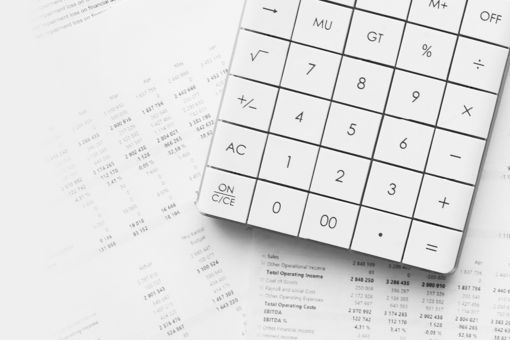As we approach 2025, businesses operating in the EU market face significant developments regarding the EU Anti-Deforestation Regulation (EUDR). This landmark legislation, aimed at combating global deforestation, mandates robust due diligence measures for commodities and products that are imported, exported or brought onto the EU market. With a recent postponement of compliance deadlines, businesses now have a critical opportunity to prepare for the challenges ahead.
The current state of the EUDR
The EUDR's overarching goal is clear: ensure commodities like coffee, timber, cocoa, and palm oil, along with derived products such as furniture and chocolate, are sourced responsibly. Specifically, these products must not originate from land deforested after December 2020 and must comply with local laws. While the principles are widely supported, implementing these measures has proven complex.
In response to widespread concerns about readiness, the European Parliament recently agreed to delay the due diligence obligations, granting medium and large businesses until the end of 2025 to comply. Similarly, the obligations for micro and small enterprises have been delayed until end of June 2026. This extension allows more time to address the practical challenges of EUDR compliance.
Key Challenges and Developments
- Supply Chain Transparency: mapping supply chains remains a significant hurdle, especially for commodities like cocoa and coffee sourced from smallholder farmers in developing regions. Achieving full visibility often requires collaboration across multiple tiers of suppliers, extending beyond immediate partners.
- Data Collection and Risk Assessment: the EUDR mandates robust data collection and the evaluation of deforestation risks. For regions identified as high-risk, businesses must implement additional mitigation measures. However, the exact processes for risk mitigation remain ambiguous, complicating compliance efforts.
- Administrative burden: even well-prepared businesses face considerable administrative demands. Submitting due diligence statements via the European Commission's electronic EUDR information system—a process now open for testing—requires substantial resources and expertise.
- Guidance and support: despite ongoing efforts by the European Commission and National Competent Authorities to offer guidance, many questions about practical implementation remain unanswered. Enhanced clarity is anticipated with the release of the Commission's risk tier assessment, expected in mid-2025.
What to expect in 2025
In December 2024, the European Commission launched a test version of the EUDR information system, enabling businesses to familiarize themselves with the submission process. Feedback from this phase will shape the system’s final iteration.
By mid-2025, the European Commission will publish detailed risk tier assessments for countries and regions, guiding the level of due diligence required. This will be a crucial tool for aligning business practices with regulatory expectations.
Belgian Customs Authorities plan to release specific guidance addressing EUDR customs compliance, including updated customs codes and procedural requirements, by summer 2025.
Taking Proactive Steps
While the postponement offers valuable breathing room, businesses should not delay in building robust due diligence frameworks. Timely action will not only ensure compliance but also demonstrate a commitment to sustainable practices—a key differentiator in today's market.
At KPMG, our experts are ready to assist you in navigating these complex requirements. From supply chain analysis over Customs & Trade aspects, we provide tailored solutions to meet your unique needs. Let’s work together to make 2025 a year of sustainable growth.
Explore
Connect with us
- Find office locations kpmg.findOfficeLocations
- kpmg.emailUs
- Social media @ KPMG kpmg.socialMedia



